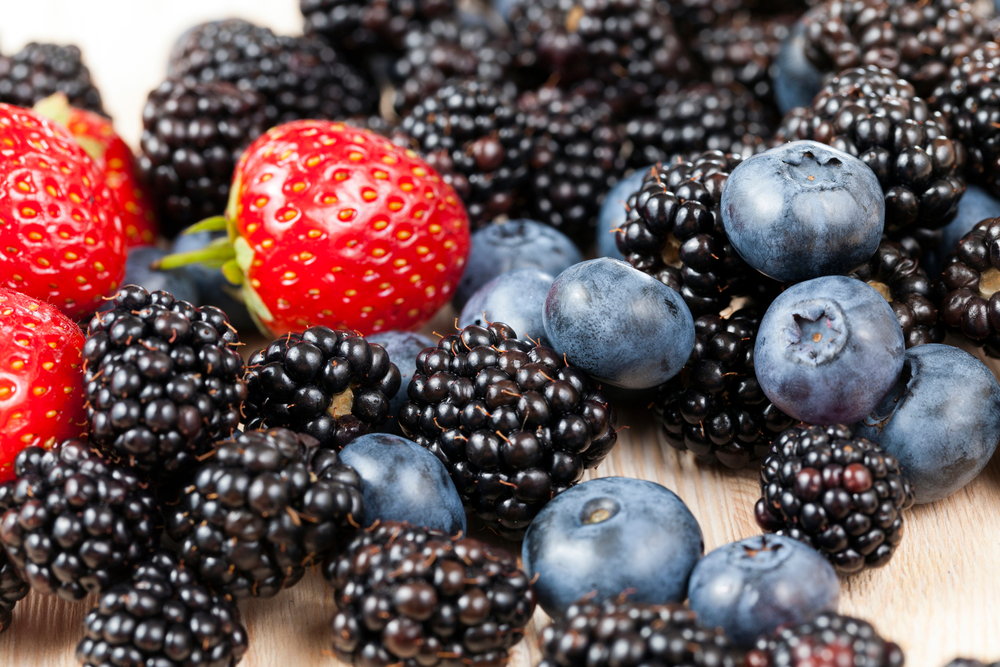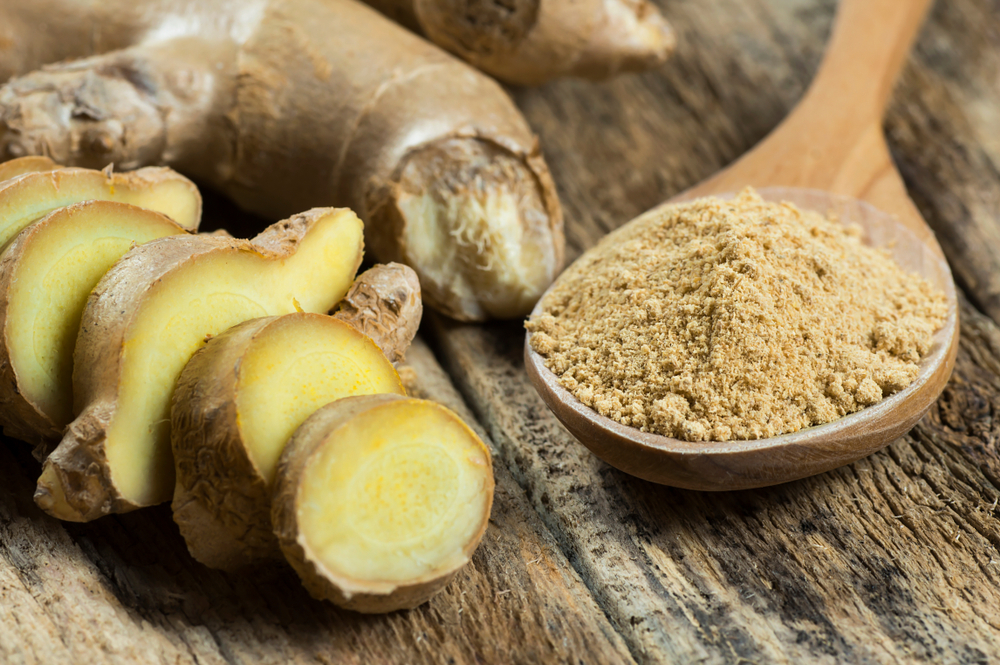The foods and drinks you consume may either help or sabotage your recovery from surgery or illness. That’s why it’s essential to choose the right foods, such as superfoods, that are known to help your body heal faster. Each superfood, whether a fruit, vegetable, healthy fat, or protein source, provides something unique to your body.
Whether you’re dealing with fatigue, recovering from an illness, or looking for ways to boost your immunity, doctors often recommend following a healthy diet. The foods you consume can often aid in the prevention and treatment of symptoms. All you need is consistency in rewarding your body with healthy superfoods that will help you from within.
Some of these foods have been shown to help with healing, immunological function, inflammation, and provide the energy you need to get better. Here are 7 superfoods that can heal your body! Make sure you add them to your shopping list.

1. SMASH Fishes
The acronym stands for sardines, mackerel, anchovies, salmon, and herrings, which are known to have low levels of mercury contamination and high amounts of omega-3 fatty acids. Since 60% of your brain is fat, these omega-3s can help you boost focus and mood. But that’s not all. SMASH fishes have also anti-inflammatory properties.
Fortunately, these superfoods are widely available in stores. If you can’t find them, go for other low-toxin options, such as trout, pollock, canned light tuna, shellfish, and catfish. You shouldn’t fry these fishes, or you may end up not getting the maximum nutrients. Grill, bake or steam them instead.
You should eat at least two servings of fish per week; also, one of those servings should come from an oily fish like SMASH. About 5 oz. (140 grams) make up one serving.
Some people, like pregnant women and lactating mothers, are advised not to eat more than two servings of oily fish per week as it has small amounts of contaminants that can accumulate in the body.
2. Leafy Greens
Leafy greens include spinach, swiss chard, kale, mustard greens, and collard greens. These greens are high in vitamins C, A, calcium, and phytochemicals (chemicals produced by plants with beneficial effects on health). These superfoods are also packed with fiber contributing to a healthy diet.
Leafy greens boast several benefits, such as:
- The ability to slow down the course of eye diseases such as cataracts, glaucoma, and age-related macular degeneration.
- Maintains cholesterol levels within healthy ranges.
- Better memory and cognitive abilities.
- Reduced risk of several malignancies, such as those of lungs, bladder, breast, and intestine.
To make these superfoods more enjoyable to eat, consider tossing them into salads or sautéing them with lemon juice or olive oil. Leafy greens can also be added to stews and soups.
While most leafy greens provide many health benefits, some types like spinach, kale, swiss chard, mustard greens, and collard greens stand out due to a truly astounding array of nutrients. Here’s the recommended intake: three to four 2.5-ounce (70-gam) servings per week.

3. Berries
Blueberries rank at the top of most superfood lists; however, any edible berry can be considered a superfood. Blackberries, strawberries, fresh cranberries, and raspberries, to name a few, are low in calories, packed with fiber, and high in antioxidants that combat cancer-causing free radicals.
Both fresh and frozen berries provide high amounts of flavonoids, plant compounds that give these superfoods their vibrant color. Flavonoids have been shown to provide cognitive and mood-enhancing properties. Berries are also high in vitamin C, which, as you may already know, battles winter infections by boosting immunity.
Blueberries, in particular, are high in anthocyanin pigments, which give them their brilliant color and work as powerful antioxidants that may help prevent diabetes and cardiovascular disease.
Berry-infused smoothies, yogurt, oatmeal, or cereal are delicious options for the first meal of the day. You may also add berries in a green salad, along with some walnuts or garbanzo beans. Blueberry pie and strawberry shortcakes are no-go since they are high in sugar and fat.
4. Nuts
One thing all nuts have in common is that they are all high in fat, protein, and fiber. They also provide monounsaturated fats that may help to reduce the risk of heart disease. Despite having a high-fat content, nuts have been linked to a lower risk of weight gain and obesity.
Walnuts can definitely be called “superfoods” since their antioxidant properties help in the prevention of severe diseases like cancer. One great way to include nuts in your diet is by having them on yogurt, oatmeal, or simply eating them as snacks.
But keep in mind that all kinds of nuts are high in calories, so stick to a small handful. You can also try different types of nut butter like peanut, cashew, or almond. Nuts also go well with salads or cooked vegetables.
5. Onions and Garlic
Whether you’re suffering from a bacterial, fungal, or viral infection, garlic is one of the best foods you can consume to support your immunity. It may not have the most awesome taste (although some folks enjoy it), but it’s a superfood that can keep viruses and bacteria at bay. Garlic, onion, chives, leeks, and other similar vegetables are also known to maintain heart health, lower blood pressure, and prevent cancer.
Garlic boasts vitamin C, fiber, selenium, and manganese, making it both a tasty and healthy culinary component. In fact, garlic is one of the most consumed foods for immunity support. It’s better not to dry or heat garlic and onion before consuming them to avoid affecting their nutritional value. So, if at all possible, choose the easiest option: raw and crushed into your food.

6. Ginger
Although ginger is most widely used as a cooking spice, it has many health benefits that include stomach calming, digestion aids, and arthritis treatment. Ginger can also help with chronic discomfort and nausea. It can help prevent diseases like dementia, cardiovascular disease, and cancer.
Because of its high amounts of potassium, vitamin C, and iron, this superfood is a must-have addition to your kitchen cabinet. Regardless of the season, you should eat ginger daily.
Here are some simple ways to do that:
- Use fresh ginger root to make your meals more flavorful. Grate or chop it into salad dressing and sauces, or put it on top of your chicken, seafood, or salad.
- Season your meals with pickled ginger.
- Include candied ginger in your dessert, or have it as a snack.
- Drink a tea that has been steeped with chopped ginger.
- Sprinkle powdered ginger on food or use it in cooking.
7. Avocado
Due to their exceptional health benefits, avocados have recently ranked at the top of the list of items in the grocery store. Avocados have an excellent nutritional profile and are packed with lipids, minerals, and vitamins. The most abundant monounsaturated fatty acid found in avocados — oleic acid — is thought to reduce inflammation.
Also, avocados are high in fiber, which may boost your digestion. Eating an avocado by itself is definitely one of the best and simplest ways to consume it. Just slice a ripened avocado in half, season it as you like, and you have a wonderful side dish. Or you can spread avocado on toast for a velvety, delicious topping. Additionally, you can add an avocado to your favorite smoothie.
Have you fed your healthy bacteria today? Here are 7 Reasons to Include Prebiotics in Your Diet — Plus the Best Sources.







